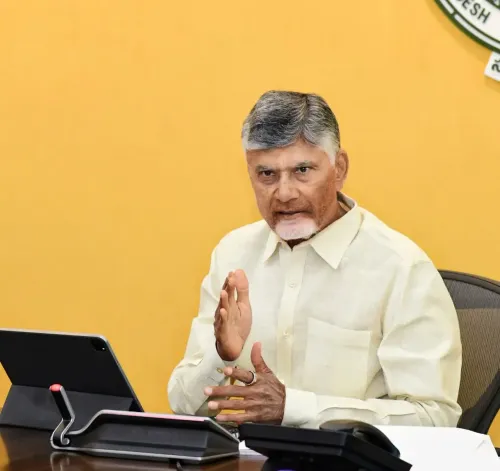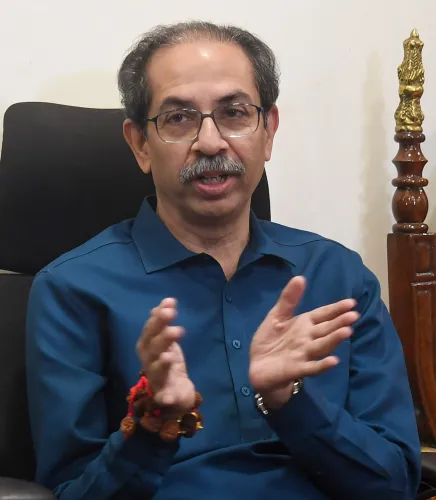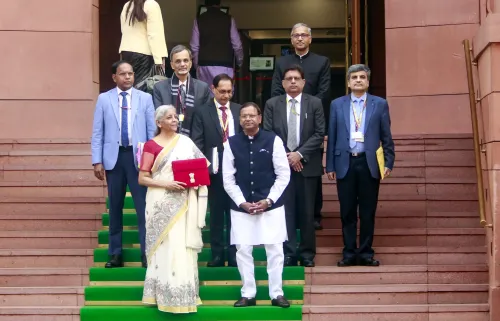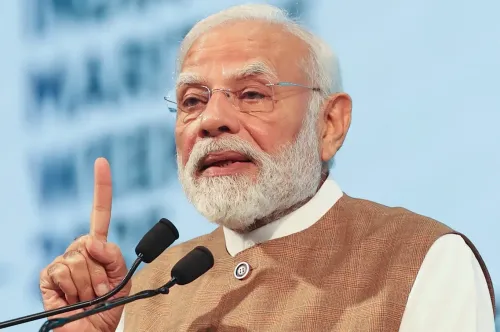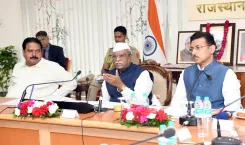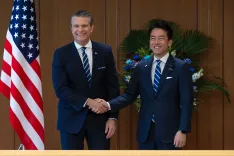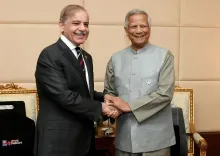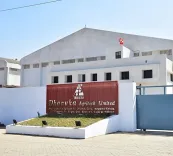How is Drug Abuse Impacting Mizo Society? CM Lalduhoma Speaks Out
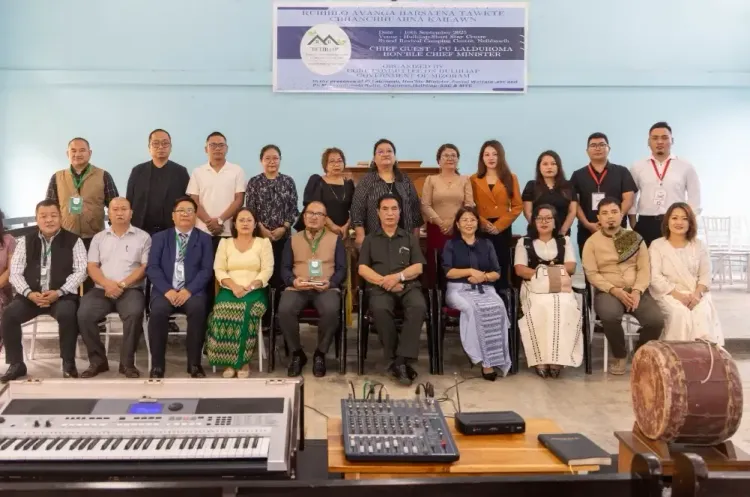
Synopsis
Key Takeaways
- Drug abuse poses significant challenges in Mizoram.
- The Hulhhliap Short Stay Centre provides comprehensive support.
- Partnerships with NGOs are crucial for effective rehabilitation.
- The centre has successfully helped many individuals recover.
- The government is actively combating drug trafficking.
Aizawl, Sep 10 (NationPress) The Chief Minister of Mizoram, Lalduhoma, emphasized on Wednesday that drug abuse has posed significant challenges within the community, prompting the need for a short-stay drug de-addiction centre in the state.
During his visit to the Hulhhliap Short Stay Centre, the Chief Minister stated that the government cannot establish such facilities alone; hence, organizations like the Young Mizo Association (YMA), Mizo Hmeichhe Insuihkhawm Pawl (MHIP), and the Synod have been engaged to operate these centres through a Public-Private Partnership (PPP).
The YMA and MHIP are prominent NGOs in Mizoram, actively involved in various social initiatives, particularly focusing on youth and women empowerment.
Lalduhoma, a former IPS officer, underscored the urgent need for support for individuals grappling with drug addiction. He stressed that those on the path to recovery deserve proper guidance, counselling, and skill training to help them rebuild their lives. The Hulhhliap Short Stay Centre aims to meet these needs comprehensively.
In his address to the residents of the centre, the Chief Minister encouraged them to remain committed to their recovery journeys, assuring them that they can overcome their challenges and become valuable members of their communities. He remarked that the difficulties they've encountered are not unique and should be viewed as obstacles to be conquered with tenacity and strength.
Lalduhoma was accompanied by Lalrinpuii, the Minister for the Social Welfare Department. An official noted that the Hulhhliap Short Stay Centre offers a structured 20-day program that includes medical detoxification, psychological counselling, and spiritual rejuvenation through camping organized by the Synod Revival Department. This is followed by three months of close monitoring by the Referral Task Group to ensure ongoing progress.
The centre also provides skill training in areas such as food processing, electrical work, and aluminium fabrication for those who remain drug-free, helping them reintegrate into society with dignity and viable employment opportunities.
Initially designed to host 150 individuals, the Hulhhliap Short Stay Centre has seen a surge in demand, admitting 256 individuals in its first batch, 544 in the second, and 208 in the current third batch. Each batch lasts for 20 days, comprising 10 days of detox, 5 days of counselling, and 5 days of camping.
A study of the initial two batches has shown that 74% of participants have successfully overcome their addictions. The fourth batch is set to commence this month.
In the meantime, the Mizoram government launched a four-month-long special campaign and anti-drug operation on September 1 to combat the illegal drug trade.
Mizoram's Inspector General of Police, H. Ramthlengliana, stated that this campaign, along with intensive operations, will persist until December 31. The campaign will be conducted in collaboration with the YMA and village leaders across all drug-affected areas in Mizoram's 11 districts.
With a border of 510 km with Myanmar, Mizoram is a hotspot for the illegal trade of various drugs, including highly addictive methamphetamine and heroin, as well as contraband like exotic animals. These substances are frequently transported to other regions of the country and abroad, including Bangladesh, via Assam and Tripura.
CM Lalduhoma has previously highlighted that drug abuse represents the most significant threat to the state, given its proximity to the notorious 'Golden Triangle' known for drug trafficking.
He has called for unified efforts to combat the issues of drug abuse, narcotics smuggling, and the spread of HIV/AIDS, framing this as a vital struggle for the physical and spiritual health of all citizens. The Mizoram government is also recruiting for a new battalion of the Mizo Territorial Army to address drug trafficking and related law enforcement challenges.

